The question was asked first on LinkedIn where other answers can be found. My answer was:
“Dear Lionel, Excellent question!
You are right: not everyone thinks in the same ways. Consider how professionals from different fields approach problems and you understand what I mean.
"Thinking" is what we do as human beings using our brains and minds, but also our entire bodies, our emotions, our actions, etc. Because we are human, we start our thinking with our senses. Seeing is thinking, hearing is thinking, touching is thinking, smelling is thinking, tasting is thinking.
But also, because we are human, we think mathematically, scientifically, and common-sensically. We think ideally, conceptually, hypothetically, prejudicially, in words, patterns, pictures, sounds, tastes, touches.
We think in dreams, in visions, in prayers.
As subjects we think of objects and by self-reflection we think of ourselves as objects.
We think of other subjects as well. Thus we know about "things" and "persons" via our thinking about them.
We think in terms of space and time, but also in terms of infinity, eternity, and aeviternity.
When we make judgments, we think hypothetically.
When we make decisions, we think willfully.
When we address levels of metaphysical issues, we think philosophically.
When we address levels of theological issues, we think faithfully.
When I hear people quote Rene Descartes, the so-called father of modern philosophy, saying "I think; therefore I am," I realize they are trying to emphasize their certain starting points for their points of view and opinions. However, I think he got it backwards. I prefer to say it this way: "I am; therefore, I think, laugh, live, love, etc."
As humans, barring disabilities, we have all the same ways to think.
We may think at different levels and about different things, in different times and different spaces.
We may communicate what we think about differently.
But, if we don't communicate to each other, as you have asked in your question, we can't always read each other.
We want to think and speak truthfully.
By your learning a little more about how each of us think, we all learn more about each other.
So thanks for your question that opens up the very thoughtful answers you are evoking in this discussion.
I have found "Insight: A Study of Human Understanding" by Bernard J. F. Lonergan; "Divine Madness": Plato's Case Against Secular Humanism by Josef Pieper; and The Unity of Philosophical Experience by Etienne Gilson, especially helpful in discussing the values, missions, purposes and visions of thinking.
From a writer's perspective, I also have learned that we humans like to think in stories. See for example Lincoln Stories for Leaders: Influencing Others through Storytelling by Donald T. Phillips.”
What do you think?
Please include your comment here or contact me to discuss.
Thanks.
John Darrouzet
for people who want to make better decisions
The Decision-Maker's Path (tm)...
Quick Overview
Blog Archive
-
▼
2008
(132)
-
▼
March
(81)
-
▼
Mar 01
(36)
- How would you want to be approached by someone who...
- What is the best way to fire someone?
- The proverbial silver bullet -- does it exist?
- WHY: When it comes to trust, trust your gut.
- Questions and Answers on the Decision-Maker’s Path™
- What process do you use in decision making?
- How does one find happiness in the workplace?
- According to you, what is Success? Whom do you con...
- Help Me Understand the Need to Be Right
- How should September 11th be memorialized?
- Have you ever had a prophetic dream or vision?
- How do you think?
- Best book to read while on a business trip?
- What makes a movie trailer Great?
- Do you believe in the bell curve of intelligence a...
- How do you know when you are deceiving yourself?
- How much?
- In a world driven by commerce and profit, what doe...
- Role of Spirituality in your Professional Success?
- Are you part of the creative solution or an uncons...
- What is your integrity-based decision making proce...
- When did you know you were committed?
- A personal question: What is one of the most memor...
- How is it possible not to think too much?
- What are the sources of disruption to your ideal p...
- What makes you Unique? And, after all, what makes ...
- Why is change regarded as a 'soft' area?
- What do you consider are the key components/tools/...
- How can I raise a total of 200.000.000 euro for in...
- If "legally" given a choice...
- What determined your career path?
- What is the role of "spirituality" in your work life?
- Strategic planning (for small businesses)
- Why do organizations need managers AND leaders?
- If better leadership produces better results why d...
- How do you effectively integrate strategic and tac...
-
▼
Mar 01
(36)
-
▼
March
(81)
Discovering the centers ...

... of embedded insights
MOVIES FOR DECISION-MAKERS
Below are the cover images of movies for decision-makers, with clues to better decision-making.
Romero: the significant decision
"I know men and I tell you that Jesus Christ is no mere man. Between Him and every other person in the world there is no possible term of comparison. Alexander, Caesar, Charlemagne, and I have founded empires. But on what did we rest the creation of our genius? Upon force. Jesus Christ founded His empire upon love; and at this hour millions of men would die for Him."
--Napoleon
Decision-making: like climbing ...

a spiral staircase...one step at a time.
John Darrouzet
Special Counsel for Decision-Makers
Links
Followers
Subscribe To
********************* Advertising Disclaimer *********************
NOTE WELL:
Allowing the placement of the ads set out below should not be interpreted to constitute an endorsement or recommendation in any way by Special Counsel for Decision-Making or John Darrouzet of the content or programs referred to therein by the advertisers.
*****************************************************************************************************************************************
Allowing the placement of the ads set out below should not be interpreted to constitute an endorsement or recommendation in any way by Special Counsel for Decision-Making or John Darrouzet of the content or programs referred to therein by the advertisers.
*****************************************************************************************************************************************
*************************** Legal Notice **************************
Decision-Maker's Path (tm) trademark by, and blog content copyright © 2008, John Darrouzet. All rights reserved.
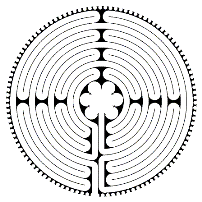
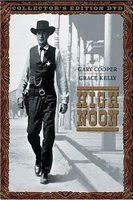

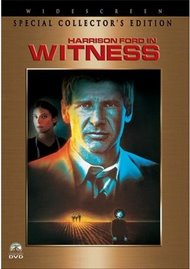



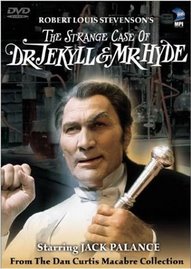
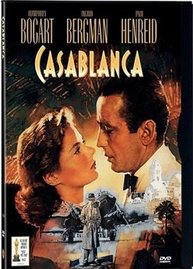

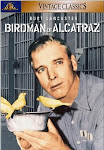


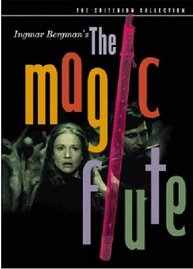
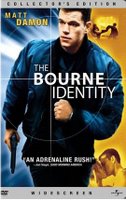
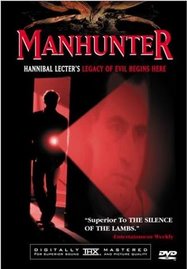



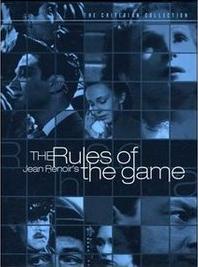
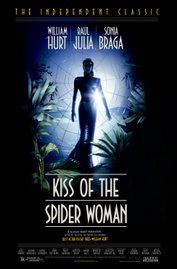
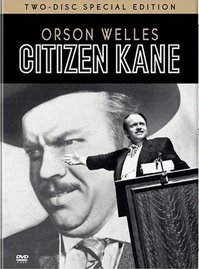







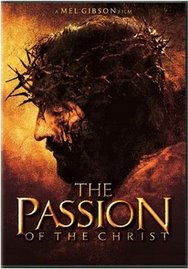





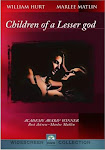

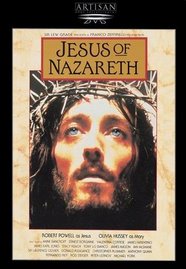
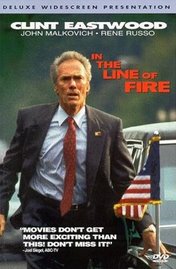



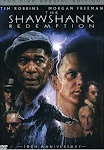





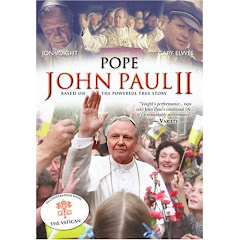
No comments:
Post a Comment